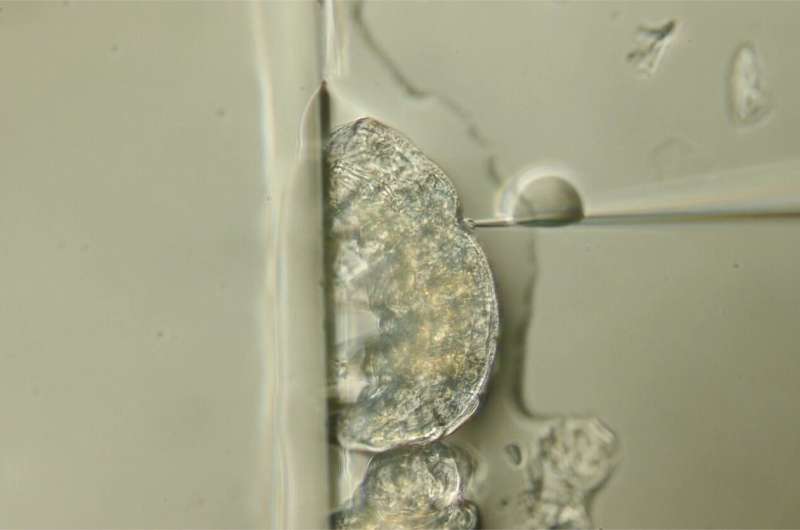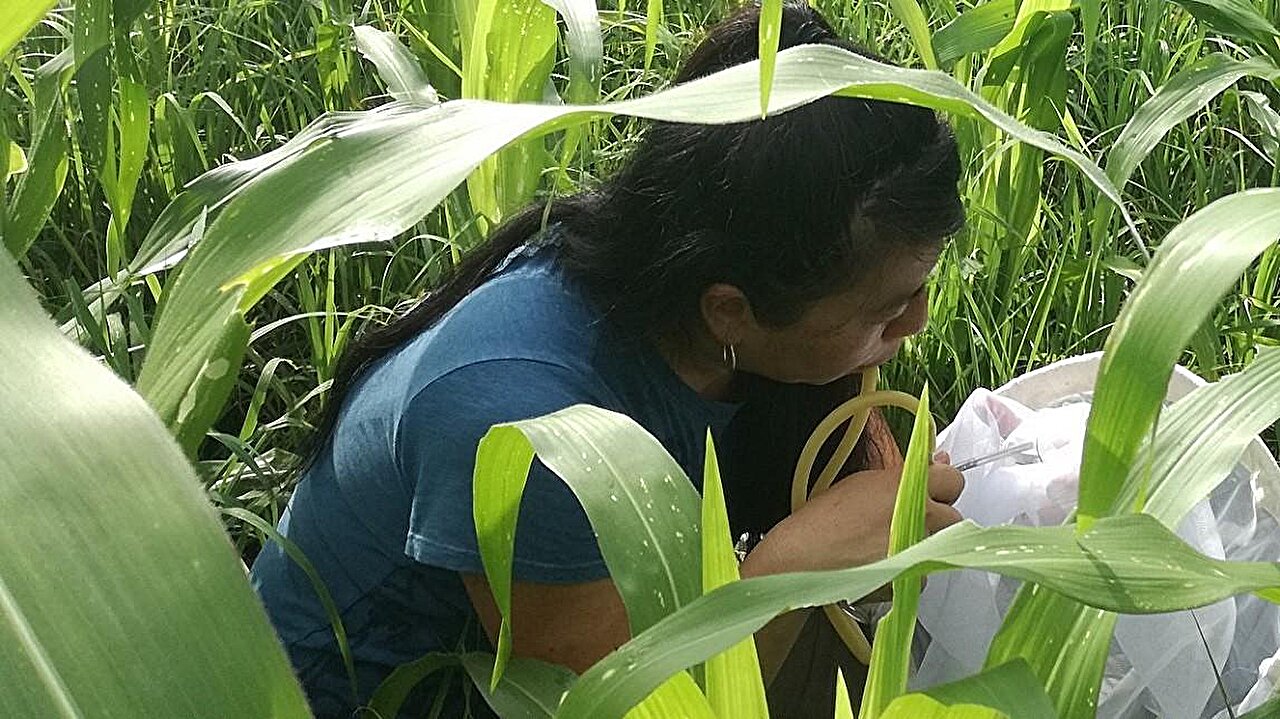“CRISPR can be an incredible tool for understanding life and aiding in useful applications that can positively impact the world. Tardigrades not only offer us a glimpse at what medical advances might be possible, but their range of remarkable traits means they had an incredible evolutionary story, one we hope to tell as we compare their genomes to closely related creatures using our new DIPA-CRIPSR-based technique.”
Source: Permanent gene edits to tardigrades help shed light on their amazing resilience
My favorite microscopic animal.



